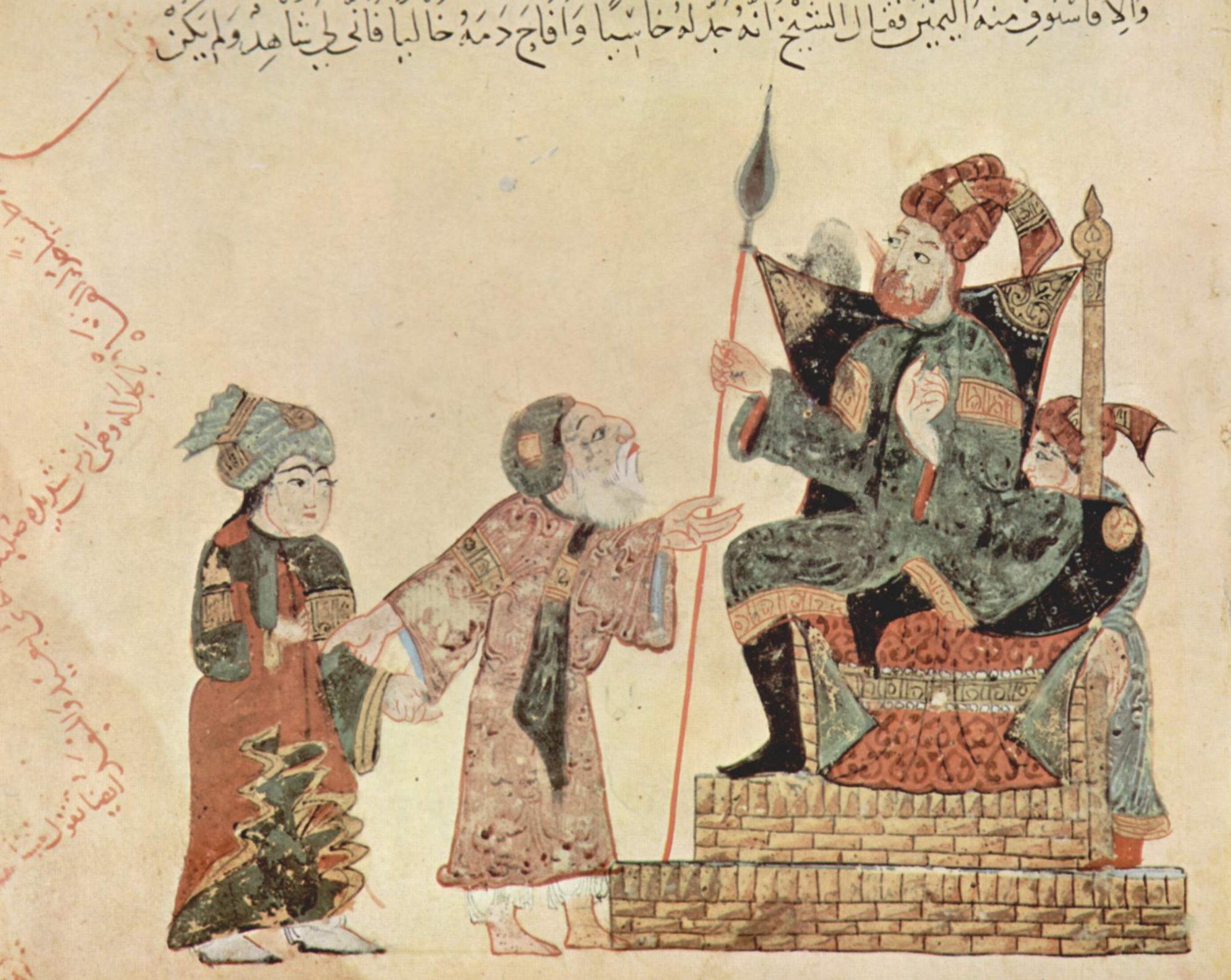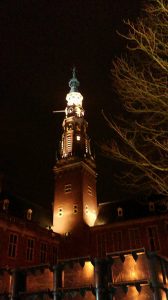On June 1, we the postdoctoral fellows of USPPIP project gathered in Leiden to discuss our works in progress. It was wonderful to welcome all my colleagues here in Leiden and to spend more time with them discussing our progress and our careers. When they were here last time in December 2016, I was unfortunately occupied with the Ocean of Law conference that I was co-organising.
We had plenty of time to discuss each one’s work; everyone had circulated their papers well in advance. We started with Eirik Hovden’s paper on the theological and cosmological conceptions of the Muṭarrifiyya, a sub-branch of Zaydīsm in Yemen in about 1200 CE. I learnt a lot from the paper not only on this particular sect and their distinctive doctrines, but also on the general aspects of Zaydī political and social histories in Yemen. Then everyone discussed my paper on the uses and abuses of classical Shāfiʿī texts in the contemporary Muslim world. I got many comments and suggestions, especially on how to develop this paper into two different articles.
Next we discussed the paper of Nijmi Edres on conceptual changes in matters of child custody from classical Islamic law to the contemporary Sharia courts in Israel. Her major focus was on the writings of the Muslim jurist Zahalka and the ways in which he had elaborated on custody. We discussed next Omar Anchassi’s paper on the free/slave binary in juridical writings on sexual desire with regard to looking, touching and intercourse. The topic and the discussion were quite interesting especially to see how social status played a role in the conclusions of several Muslim jurists.
After the lunch break, we discussed how four of us can collaborate to produce an edited volume or a special issue of a journal. We explored several common themes, such authority/validity, identity and argumentation, but we concluded that we will continue this discussion in Göttingen, after all of us write a short note on a potential common theme.
In the evening, we walked through Leiden visiting historical monuments and enjoying a bright summer day. Next day morning we did a walking-tour through “the Islamic Leiden”. We started from the M. Vrieshof Building with a visit to the library of the Netherlands Institute for the Near East (NINO), particularly checking out its collection of Emile Ruete (Sayyida Salme), the East African princess. We went around the city looking for different remnants of Leiden’s long historical contacts with the Muslim world through texts, trade, languages and savants.
The whole event was a highly refreshing and energising experience. Without the inhibitions of a formal setting or time constraints, we all could discuss our work thoroughly. Most importantly, we all got more time to talk to each other and to relax ourselves. I sincerely hope that this sandpit happens again quite soon.











